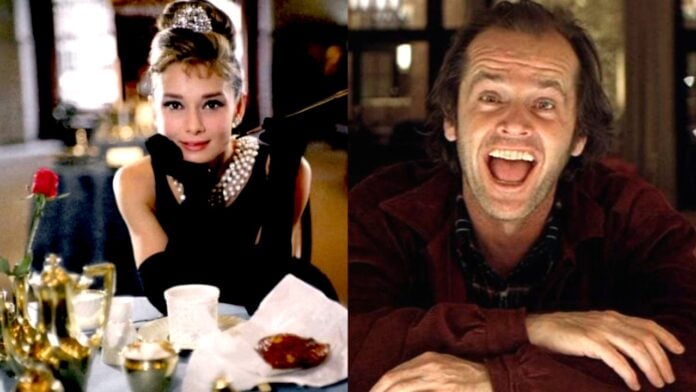It’s no secret that Hollywood has a knack for taking beloved books and turning them into blockbuster hits. Some of the most iconic films we know today actually left their writers hating them.
From Truman Capote’s fury over ‘Breakfast at Tiffany‘ to Stephen King’s disdain for ‘The Shining,’ these stories are proof that not every writer is thrilled when their work hits the big screen. Let’s take a look at some of the most infamous cases where Hollywood and the writers just couldn’t see eye to eye.
10. Paul Rudnick – ‘Sister Act’
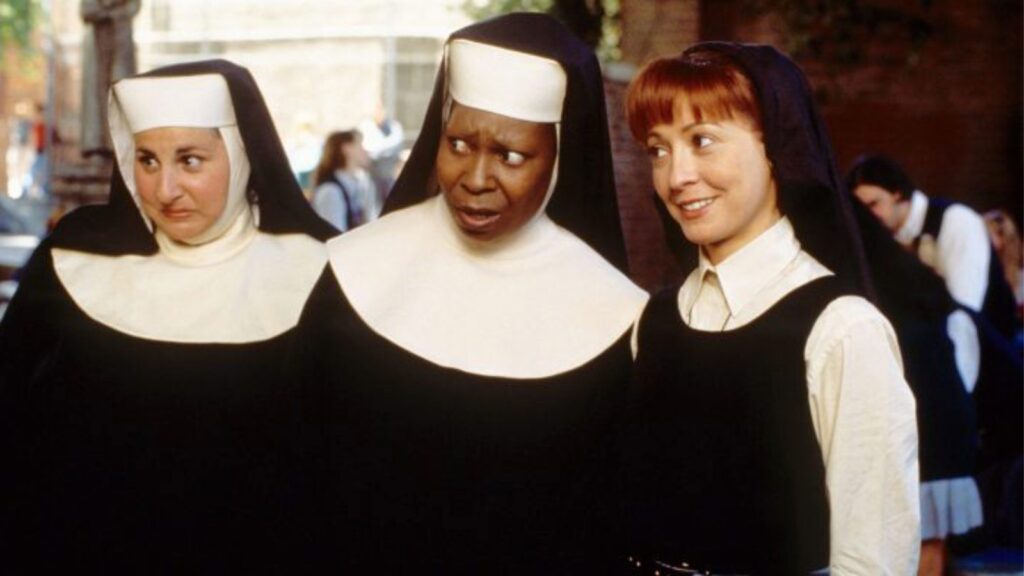
Paul Rudnick’s ‘Sister Act‘ was supposed to flip the script on all those wholesome, hug-happy nuns gracing the screens. He himself summed it up best when he spoke to NPR, saying, “What was intended as a satire of movies like ‘The Singing Nun’ and TV shows like ‘The Flying Nun’ and all of those hug-happy, sugary nun flicks, turned into one of those.”
Related: Top 25 Movies Based On Books, Ranked
Now, don’t get us wrong, ‘Sister Act‘ is a delight. Who doesn’t like a good Whoopi Goldberg comedy? But the film that audiences adore wasn’t exactly what Rudnick had in mind. According to him, Disney took his original script and ran it through the feel-good machine, sanding down all the sharp edges until it became nearly unrecognizable. He quipped, “By the time the Disney people got through my original script, it formed very little resemblance to what I intended.“
9. Alan Moore – ‘V For Vendetta’
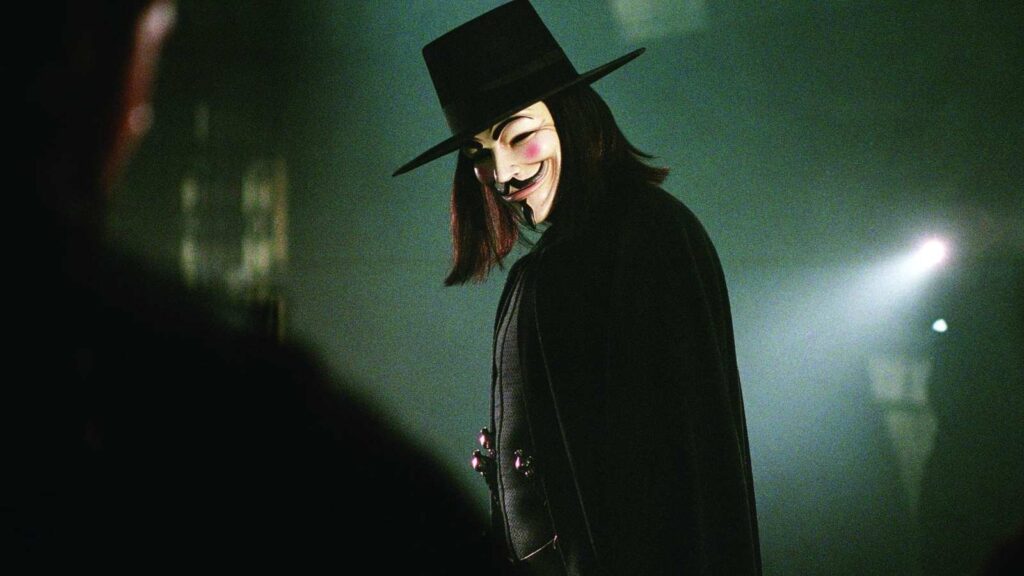
Alan Moore has never been shy about his hate for the film version of his iconic works like ‘V For Vendetta‘, ‘Watchmen‘, and ‘The League of Extraordinary Gentlemen’. Take ‘V For Vendetta‘, for instance. Natalie Portman starred in the 2005 film, but that didn’t stop Moore from tearing it to shreds. “I’ve read the screenplay. It’s rubbish,” Moore bluntly told The New York Times in 2006. Moore went on to slam the film as a “Bush-era parable by people too timid to set a political satire in their own country.”
He’s been equally critical of other adaptations. “I don’t want anything more to do with these works,” Moore said. “Because they were stolen from me—knowingly stolen from me.” He also had some particularly harsh words for Johnny Depp’s portrayal of the protagonist in ‘From Hell‘. Depp’s character, in Moore’s eyes, was nothing more than an “absinthe-swilling dandy.”
7. Michael Ende – ‘The NeverEnding Story’
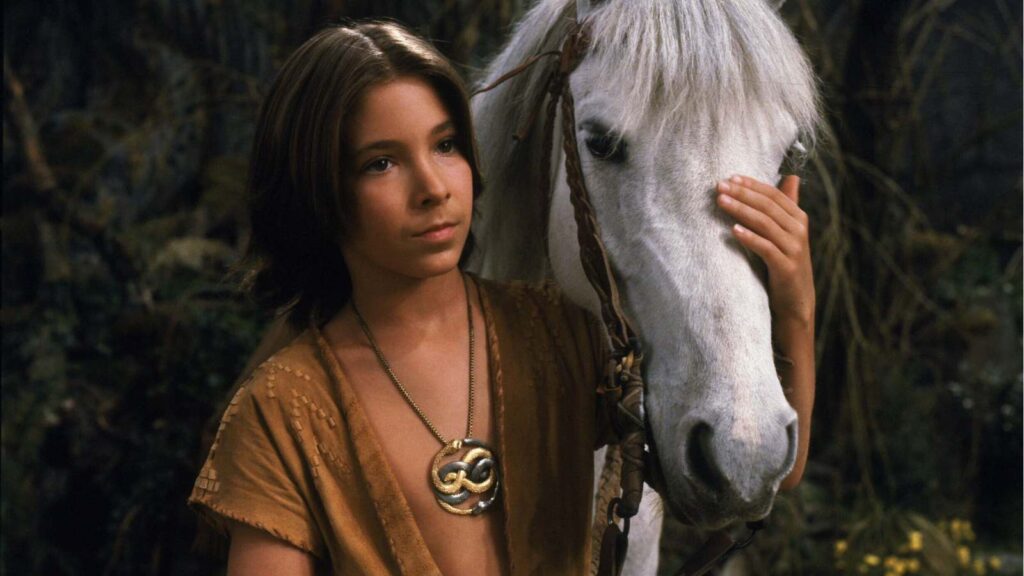
Michael Ende, the writer behind ‘The NeverEnding Story‘ hated the 1984 adaptation of his beloved children’s fantasy novel. At a press conference, the German writer didn’t hold back, describing the movie as a “revolting” take on his work. “I saw the final script five days before the premiere and only as a result of a judicial verdict in Munich,” he said to People. “I was horrified. They had changed the whole sense of the story.“
According to the writer, the filmmakers butchered his story’s core message, turning a philosophical tale into just another Hollywood blockbuster. In his own words: “The makers of the film simply did not understand the book at all. They just wanted to make money.” Well, Wolfgang Petersen, the movie’s co-writer and director, insisted that his film was “very faithful” to the source material.
7. Lois Duncan – ‘I Know What You Did Last Summer’
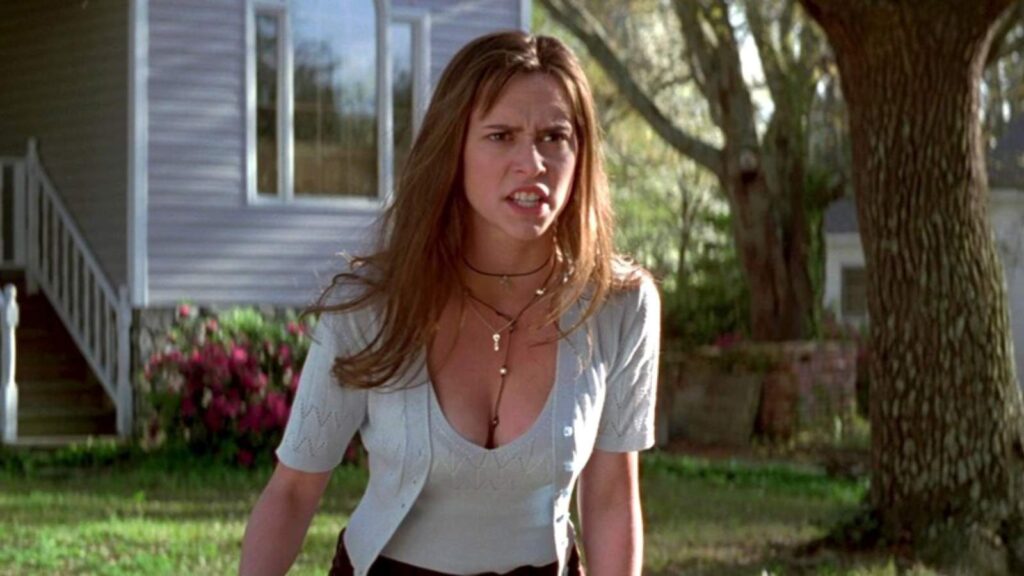
Lois Duncan’s original book wasn’t about mindless violence or senseless gore. It was a tense thriller that showcased the real consequences of actions. But when the 1997 film adaptation hit the screens, all that subtlety was tossed out the window. And she completely hated it! “It’s the last message I would ever want to give kids – that violence is a game and fun,” Duncan confessed in an interview with the Albuquerque Journal. She added, “The gore was beyond belief. I write suspense and scary stuff, but I have never written gore in my entire life. I have never sensationalized violence. It’s always been a vehicle to show the pain that violence can cause. There’s so little connected to my book (in the movie) that I don’t know why they ever wanted it.”
In case you missed it: Top 10 Actors Who Admitted Hating Their Own Movies
Duncan’s strong feelings about the movie are deeply rooted in personal tragedy. In 1989, her daughter Kaitlyn was murdered at just 18 years old. “My daughter Kait was chased down, and her brains were blown out,” Duncan revealed in a heart-wrenching interview with the Chicago Sun-Times. “So I’m particularly sensitive about desensitizing kids to violence and turning murder into a game.” It’s no wonder she was horrified by the film’s portrayal of violence. Duncan’s loss was the driving force behind two of her most personal works: ‘Who Killed My Daughter?‘ and ‘One to the Wolves: A Desperate Mother on the Trail of a Killer‘.
6. Donn Pearce – ‘Cool Hand Luke’
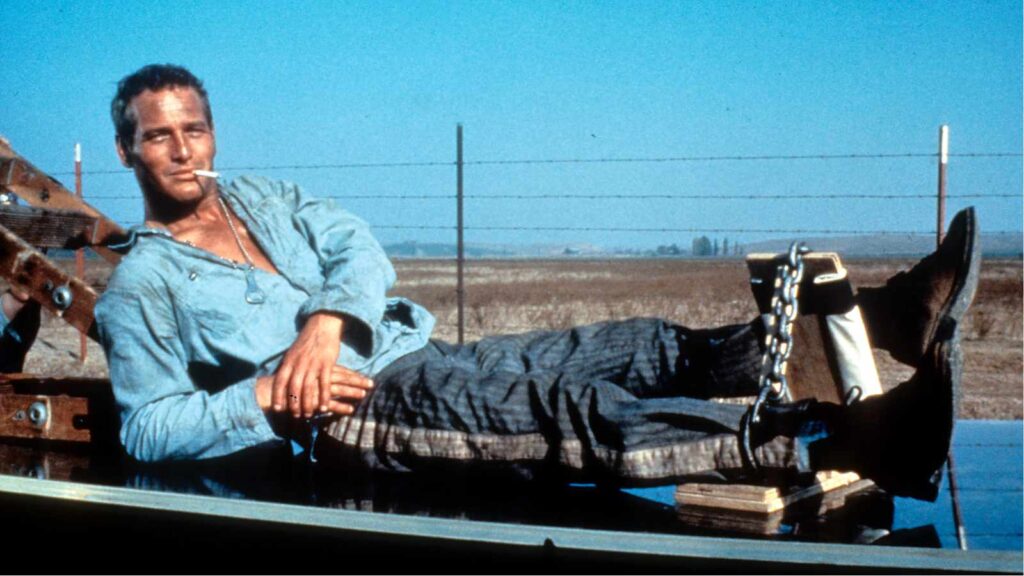
When Hollywood came knocking, Donne Pearce kinda hated how his story was adapted. Sure, he was hired to write the screenplay. However, the producers felt Pearce wasn’t up to the job and rewrote the script with a more seasoned screenwriter.
“What we’ve got here is a failure to communicate,” he said. This is one of the most memorable dialogues in movie history, delivered by Captain Luke. But here’s the wild part: Donn Pearce absolutely hated it. Pearce called it a “stupid ****ing line.”
5. Ken Kesey – ‘One Flew Over The Cuckoo’s Nest’
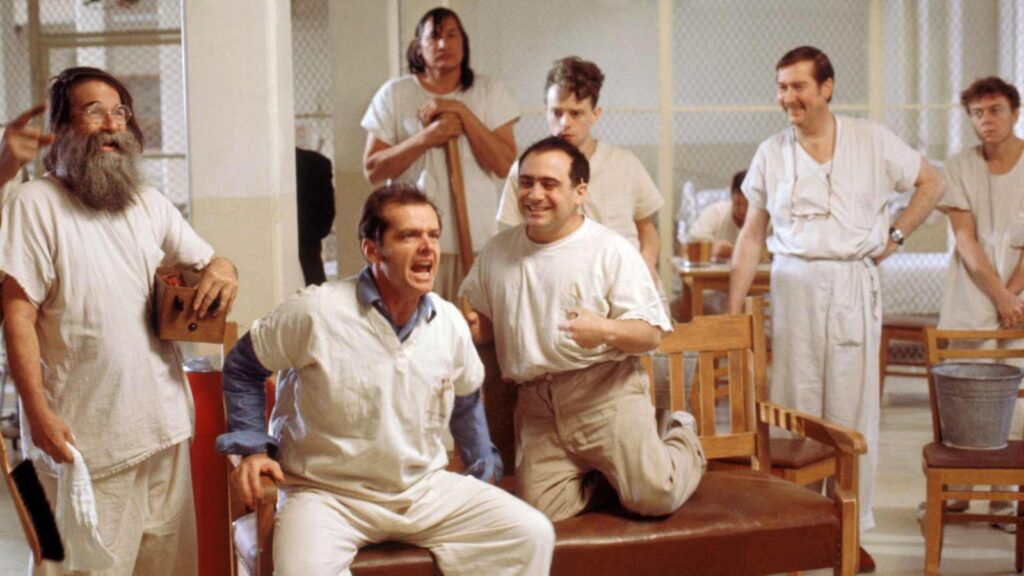
When Milos Forman adapted Ken Kesey’s 1962 novel ‘One Flew Over the Cuckoo’s Nest‘ into a film in 1975, it became an instant hit. But Kesey absolutely hated it! One of the reasons was the filmmaker’s decision to cut out the book’s main narrator, Chief Bromden. Kesey was so passionate about his novel that he didn’t just sit around grumbling about it. He took action and sued the studio for “breaking our verbal agreement and ruining the book.“
In 1976, an article in The New York Times revealed that he had watched the film dominate at the Oscars with a “sense of absurd” as his creation was lauded, without him being acknowledged. “It was like pumps trying to say they’re more important than the well and the water.“
4. Roald Dahl – ‘Willy Wonka & The Chocolate Factory’
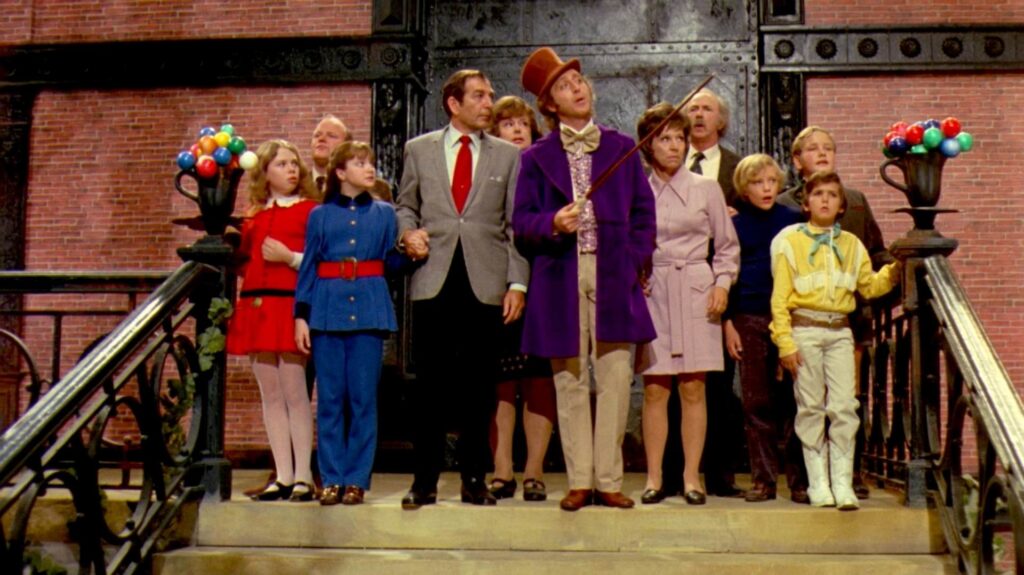
The 1971 picture received an Oscar nomination and a lasting place in pop culture because of Gene Wilder’s legendary performance in ‘Willy Wonka & the Chocolate Factory‘. The renowned writer, Roald Dahl, however, rather hated the way his well-liked character of Wonka was portrayed on screen.
According to Donald Sturrock, a close friend of the writer, Dahl thought Wilder was “rather too soft and didn’t have a sufficient edge. His voice is very light and he’s got that rather cherubic, sweet face.”
3. Stephen King – ‘The Shining’
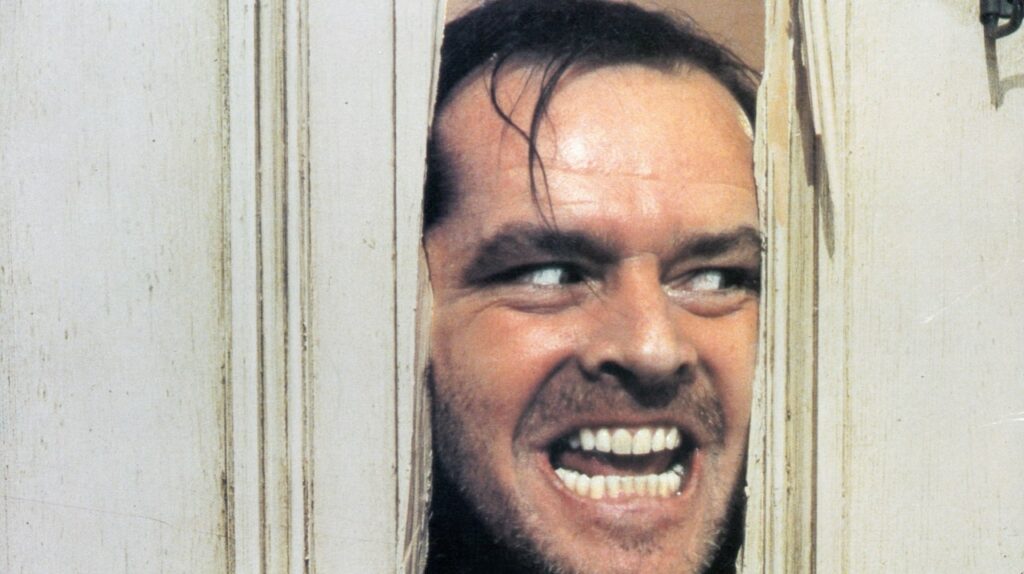
Stephen King wasn’t really pleased with Stanley Kubrick’s adaptation of his 1977 novel for the big screen. King has really expressed he hated Kubrick’s portrayal rather loudly. “I kept my mouth shut at the time, but I didn’t care for it much,” King admitted.
One of King’s biggest gripes with the film was how Jack Torrance, played by Nicholson, was portrayed. “I feel the same because the character of Jack Torrance has no arc in that movie. Absolutely no arc at all,” King pointed out. “When we first see Jack Nicholson, he’s in the office of Mr Ullman, the manager of the hotel, and you know, then, he’s crazy as a s*** house rat. All he does is get crazier. In the book, he’s a guy who’s struggling with his sanity and finally loses it. To me, that’s a tragedy. In the movie, there’s no tragedy because there’s no real change,” he added.
Related: Why ‘The Shining’ Star Shelley Duvall Vanished From Hollywood Spotlight Despite Her Meteoric Rise?
King didn’t completely trash the movie. He actually had some nice things to say about Kubrick himself, calling him a “terrifically smart guy.” And visually? “It’s like a big, beautiful Cadillac with no engine inside it,” he said.
2. Anthony Burgess – ‘A Clockwork Orange’
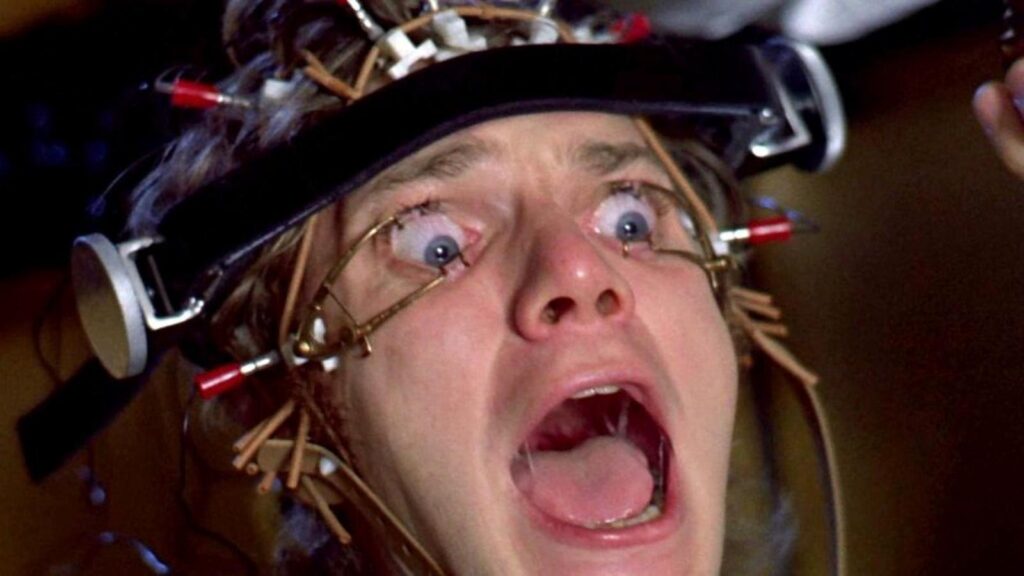
Stephen King wasn’t the only one unhappy with Kubrick. Although Anthony Burgess was apparently initially pleased with the 1971 adaptation of his controversial novel, his feelings soon soured.
For those who haven’t read the book, this final chapter offers a glimpse of redemption for the protagonist, Alex. Interestingly, American editions of the novel didn’t include this 21st chapter until 1986, all because, as Burgess sarcastically noted, “publishers deemed it as ‘a sellout, bland, and veddy veddy British.” He once admitted that he felt ‘A Clockwork Orange‘ was “too didactic to be artistic.“
1. Truman Capote – ‘Breakfast At Tiffany’s’
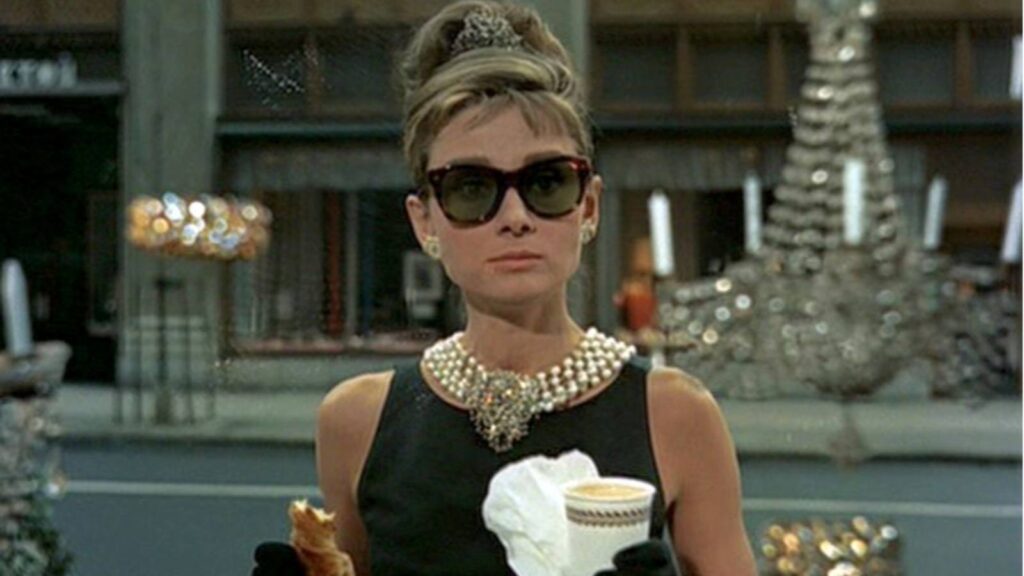
Truman Capote’s novella, ‘Breaking at Tiffany‘s’, introduced readers to Holly Golightly, a whimsical, free-spirited New York socialite who’s impossible not to be charmed by. But when Hollywood got its hands on the story, Capote felt like they’d turned his precious diamond into cubic zirconia.
In case you missed it: Why Classic Movie ‘Breakfast At Tiffany’s’ Is Controversial
In a series of scorching critiques, Capote famously dubbed the movie “the most miscast” film ever. Capote was particularly sour about Audrey Hepburn playing Holly. His vision for the role? None other than the ultimate blonde bombshell, Marilyn Monroe. Capote felt that Paramount, in his words, “double-crossed me in every way and cast Audrey.“
Capote had envisioned himself stepping into the role of Paul Varjak. Instead, audiences got George Peppard—a fine actor, but definitely not Truman Capote. His verdict? “Oh god, just everything” was wrong with it.

